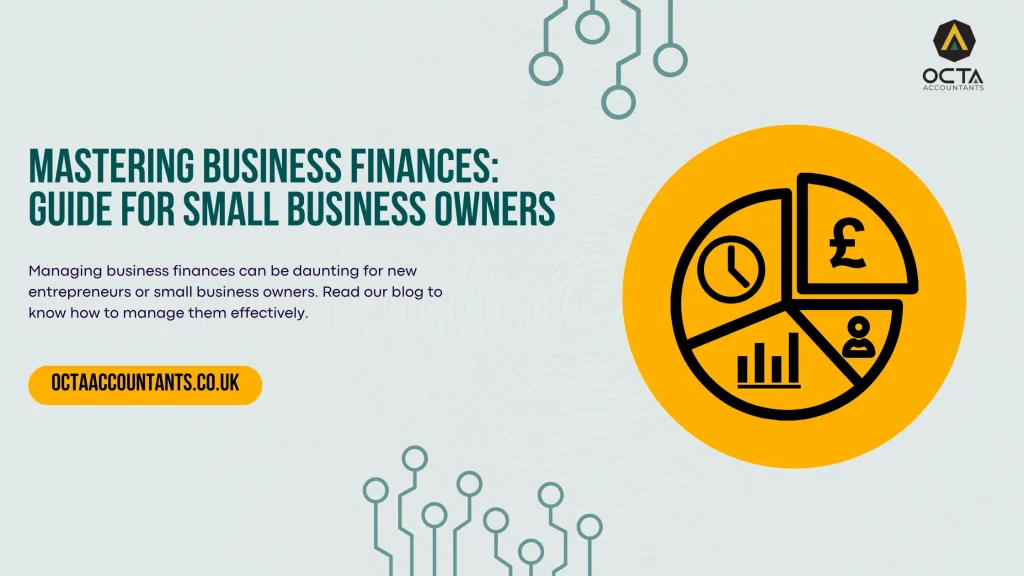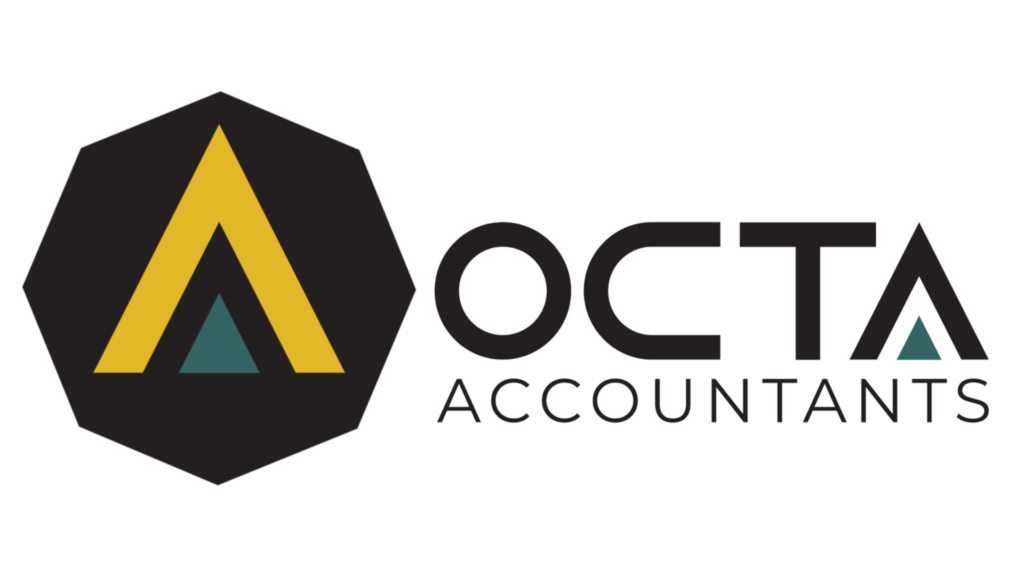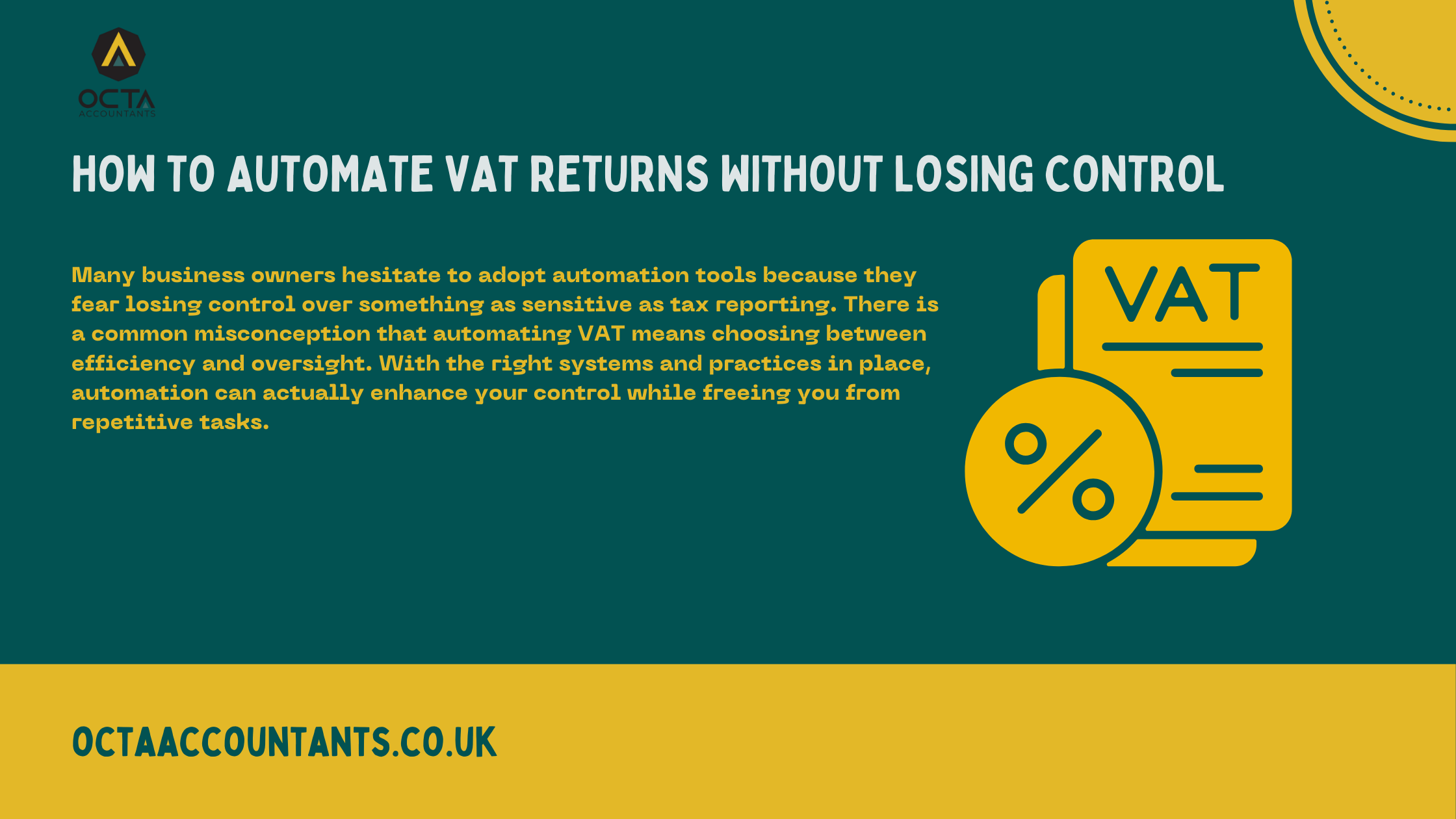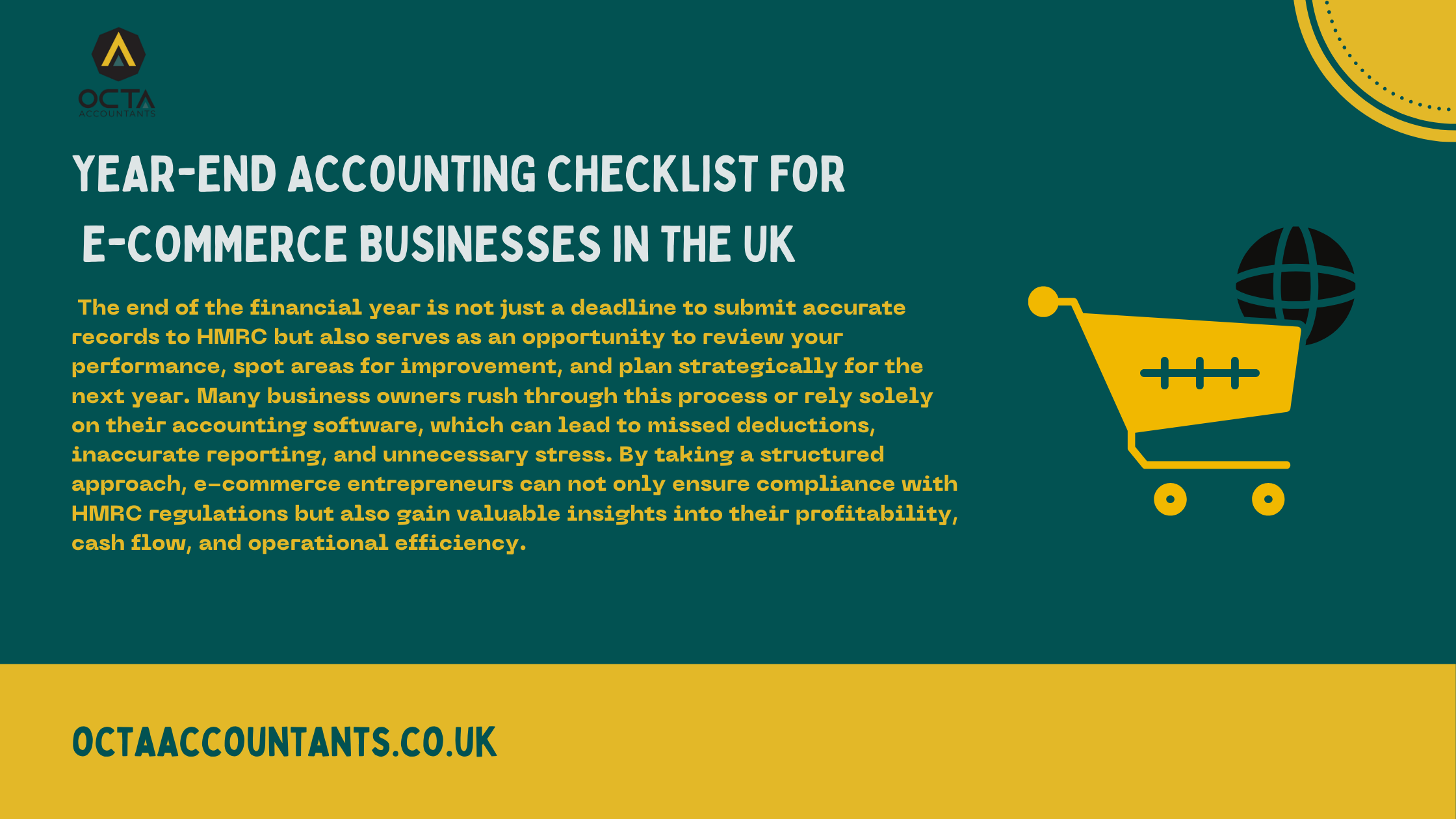
Octa Accountants

5 Min Read

Sep 30, 2024

Accounting


Properly managing small business finances is critical for success and sustainability. Good financial oversight sustains your business and lays the groundwork for growth. This guide details practices to support you in efficiently managing your business finances.
Knowing your financial statements is the first step in managing your business finances. These documents provide insights into your company’s financial health:
- Income Statement: Shows your sales, expenses, and net income for a particular period. You need it for assessing your profitability.
- Balance Sheet: Provides a look at the financial position of your business, covering assets, liabilities, and equity.
- Cash Flow Statement: It keeps track of the movement of cash into and out of your business, providing you with liquidity management.
Tip: Routinely examine these statements to find out financial trends and to make intelligent decisions.
Also Read: How to calculate VAT on Amazon Sales?
Combining personal finances with business finances is a typical mistake for small business owners. As a result, it creates confusion, and tax difficulties, and prevents a clear understanding of your business’s actual financial state. Create an independent business bank account and a credit card to maintain your organization.
Pro Tip: This makes tax filing easier, while simultaneously guarding your assets should you encounter legal problems.
Also Read: How to set up a personal tax account?
Your financial roadmap, a budget, will steer your spending and help you accomplish your goals. These include:
- Fixed Costs: Usual outlays such as rent, utilities, and insurance.
- Variable Costs: Expenses that change, including marketing, travel, and inventory.
- One-time Expenses: Either equipment procurement or repair emergencies.
Revisit your budget each month and make changes to your business’s financial performance.
The heartbeat of your business is cash flow. Keep track of your cash flow statement often to confirm that you have enough cash to pay expenses.
Quick Tip: Think about using accounting software to track cash flow in real-time, helping you stay away from possible shortfalls.
Also Read: 11 FAQs About VAT Registration & Filing
Cutting expenses where necessary is necessary for keeping profitability high. Check your expenses regularly to recognize places where you might be able to save. This could comprise the efforts of finding reduced-cost suppliers or achieving improved negotiation terms/
Pro Tip: Find out any subscription programs, software, or memberships that may be redundant and get rid of them.
Also Read: What are the inheritance tax laws in the UK?
Dealing with business finances manually will likely be both tedious and error-prone. Software for accounting can automate processes such as issuing invoices, keeping track of expenses, and delivering financial reports. This approach saves time and ensures there is accuracy as well.
Popular Choices: There are features in QuickBooks, Xero, and FreshBooks designed exclusively for small businesses.
Any business will face unexpected spending at some point. Keeping money aside for unexpected events helps you handle monetary interruptions, including equipment failures while preserving your business operations.
Tip: The goal is to create an emergency fund sufficient for 3 to 6 months of operating costs.
Having delayed payments can severely affect your cash flow. Put in place a planned invoicing method to ensure that payments happen promptly. Send invoices quickly, define clear payment terms, and follow up if payments fall behind schedule.
Quick Tip: As a consideration, you may want to present discounts for early payments to drive clients into paying on time.
Also Read: What is Zoho Books & How to use it?
Debt must be monitored closely. Take debt only if it’s something you can realistically pay back, and make high-interest loan repayment your priority. Check loan terms with frequency and think about refinancing if alternative solutions are better.
As your business increases in size, financial management can get complex. Feel free to get in touch with experts like us at Octa Accountants. Our services can deliver important insights, support tax planning, and confirm that your financial actions are by industry standards, making sure that your business is on the right path.
Overseeing business financials calls for constant attention and a preemptive outlook. By learning about your financial statements, creating and sticking to a budget, and cutting back on your expenses, along with the support of professional insight, you will create a sturdy financial structure for your small business. Don’t forget that good financial management is a dynamic process that will adapt as your company develops.
About Us
Octa Accountants is a one-stop accounting firm that offers a wide range of finance management services.
Our Blogs
How to Automate VAT Returns Without Losing Control
How to Automate VAT Returns Without Losing Control Octa Accountants 7 Min Read Feb 2, 2026 UK VAT Returns Managing VAT returns is one of those tasks that every business…
Year-End Accounting Checklist for E-Commerce Businesses in the UK
Year-End Accounting Checklist for E-Commerce Businesses in the UK Octa Accountants 7 Min Read Jan 21, 2026 UK Accounting Checklist Running an e-commerce business in the UK can be both…
Top 5 Hidden Tax Deductions Small Businesses Miss Every Year
Top 5 Hidden Tax Deductions Small Businesses Miss Every Year Octa Accountants 7 Min Read Jan 14, 2026 Tax Deductions Running a small business in the UK is definitely not…



